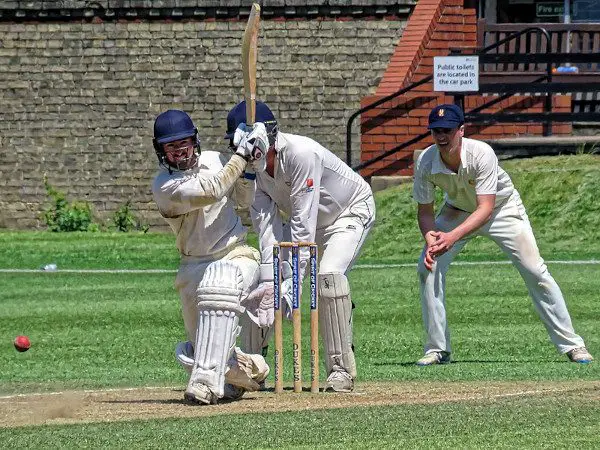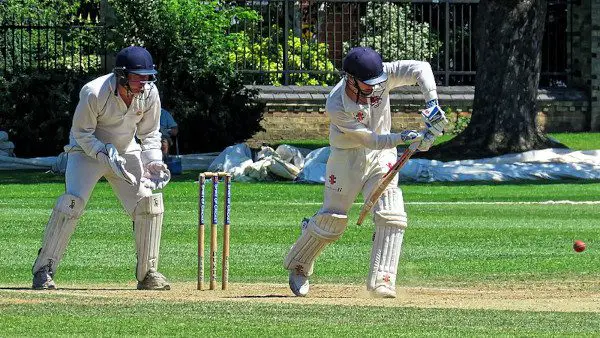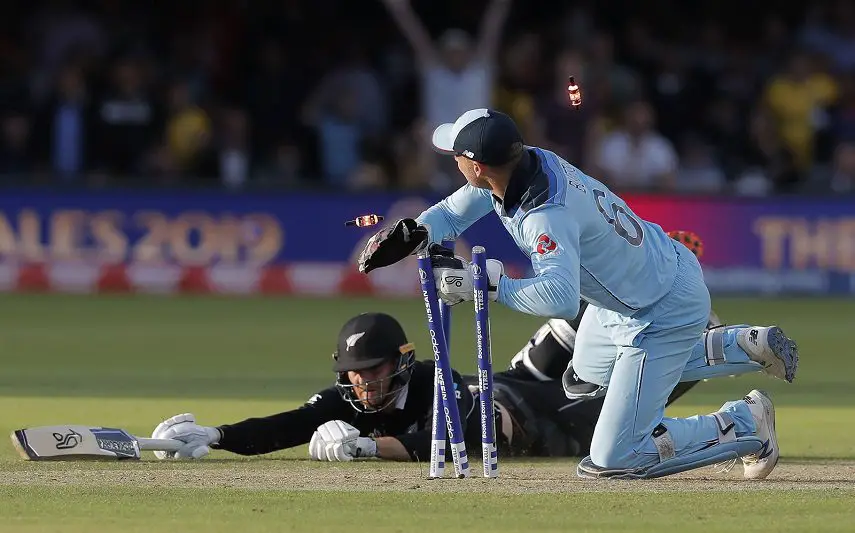Table of Contents
We often hear players and commentators talking about the spirit of cricket but what do they actually mean? Are there laws in place to back things up or is this something of a grey area that cricket finds hard to define?
What is the Spirit of Cricket?
Cricket has always been seen as a gentlemanly game and one where winning at all costs is not acceptable. Matches should be played in a competitive but friendly manner and the spirit of cricket is intended to back up that overall concept.
Preamble on The Spirit of Cricket
Included within the laws of the game is a preamble to the spirit of cricket which comes from the MCC. It states that this is a sport where that sense of fair play adds to cricket’s overall appeal and enjoyment.
This preamble also goes on to state that the two captains have a direct responsibility for upholding that spirit but everyone involved has a role to play.

Guidelines
The wording then goes on to lay down a set of guidelines:
Respect is central to the spirit of cricket and players are asked to respect their captain, teammates, opposition players and the umpires.
Playing hard and playing fair is encouraged but, if things go against you, players should respond positively and congratulate the opposing team. Don’t forget to enjoy your teammates’ success too, even if you are in a bad run of form as an individual.
The preamble is in the laws thanks to the efforts of two former England test captains, Ted Dexter and Colin Cowdrey. In the late 1990s, they worked to ‘enshrine’ the spirit of cricket into the laws of the game.
The pair wanted cricket not only to be played within its laws but in a good atmosphere where players felt comfortable and happy. It’s not against the law to not congratulate the opposition team but the extended spirit preamble is there to cover this aspect.
However, it’s because the spirit isn’t an official ruling that we get grey areas and the act of ‘Mankading’ is a good example here. Ravichandran Ashwin’s run out of Jos Buttler at the IPL is just one example of a bowler running out a batter for backing up too far but there are many others.
Some would say that Ashwin goes against the ‘spirit’ while others argue that Buttler is at fault. Ultimately, a ‘Mankad’ is within the laws and that’s where the debate often ends.

One memorable example of players acting within the spirit of cricket came in 2011 when England were hosting India in the second test of their four match series. On the stroke of tea, Eoin Morgan edged the ball to the boundary and his partner, Ian Bell started to run.
Everyone, including the two batsmen, thought that the ball had gone for four but it was hauled in before the boundary rope and Bell was run out as he was heading back to the pavilion.
During the tea interval, India skipper MS Dhoni withdrew the appeal and Bell was reinstated.
The ICC Spirit of Cricket Award
In 2004, the International Cricket Council (ICC) introduced a Spirit of Cricket Award. Initially, this was given to national teams but, in 2011, the focus switched to individual players. Not surprisingly, MS Dhoni won the first individual medal after the incident with Ian Bell.
Other players to have won the ICC Spirit of Cricket Award include Katherine Brunt, Kane Williamson, Virat Kohli, Misbah-ul-Haq and Mahela Jayawardene.


